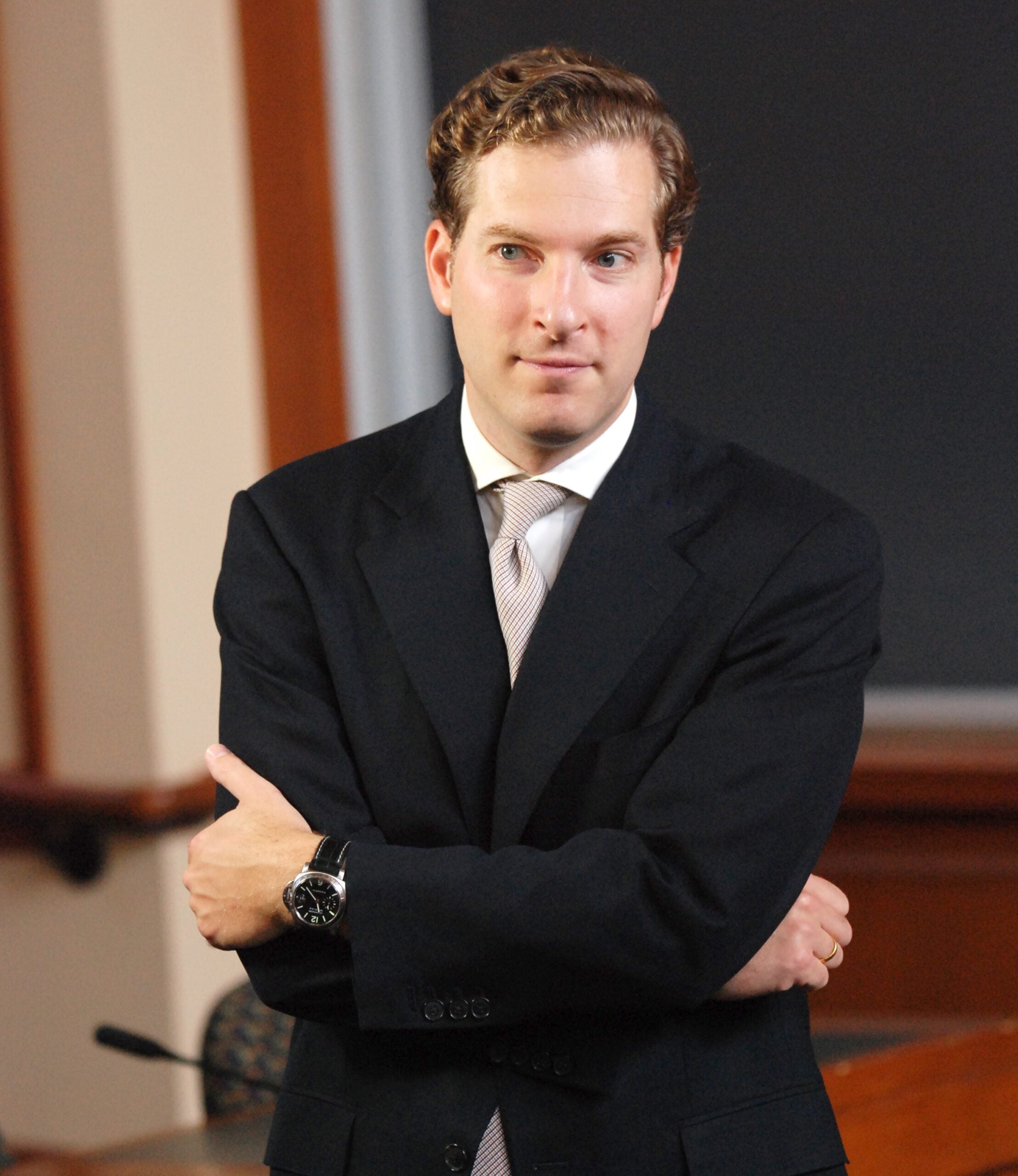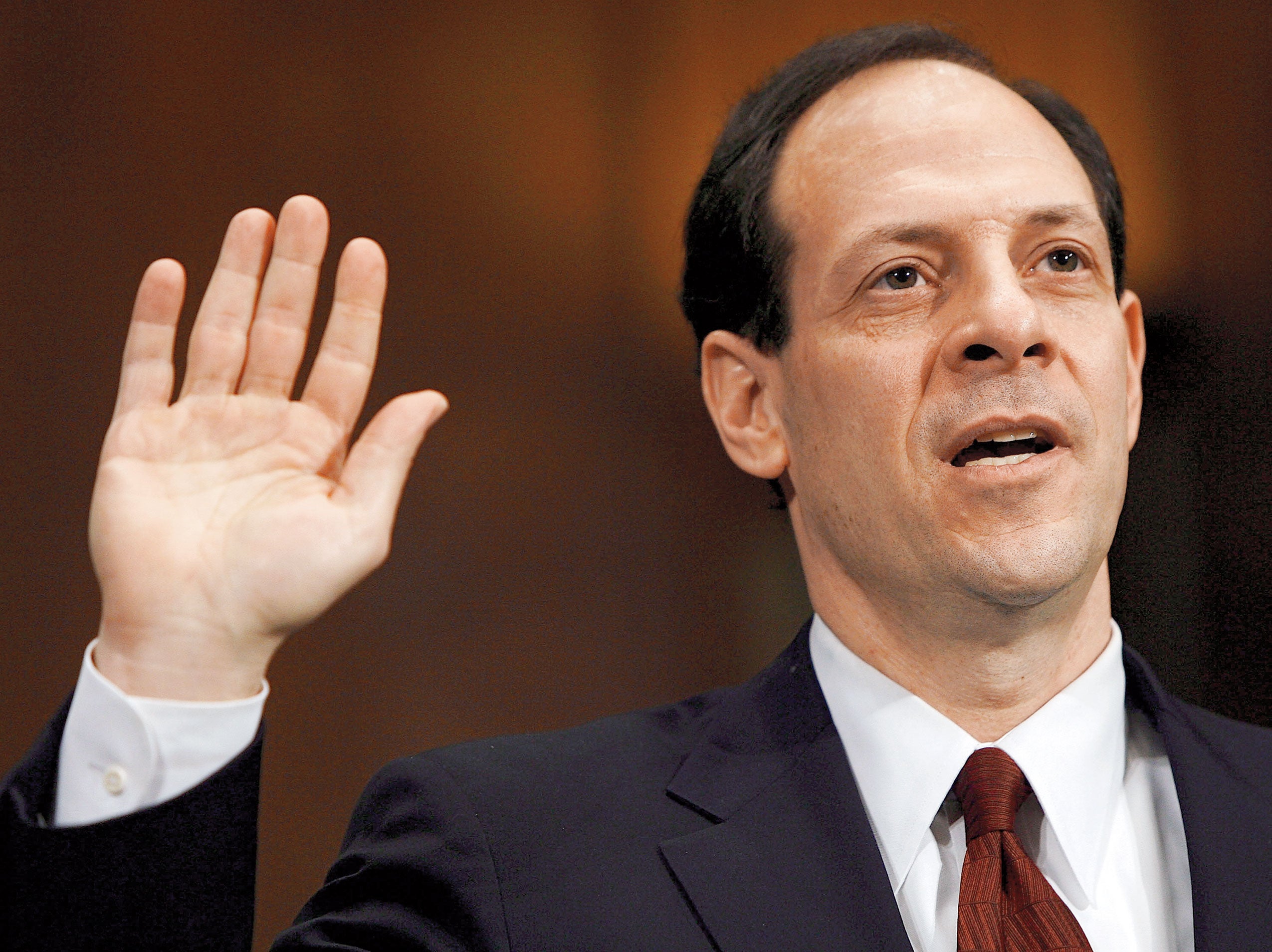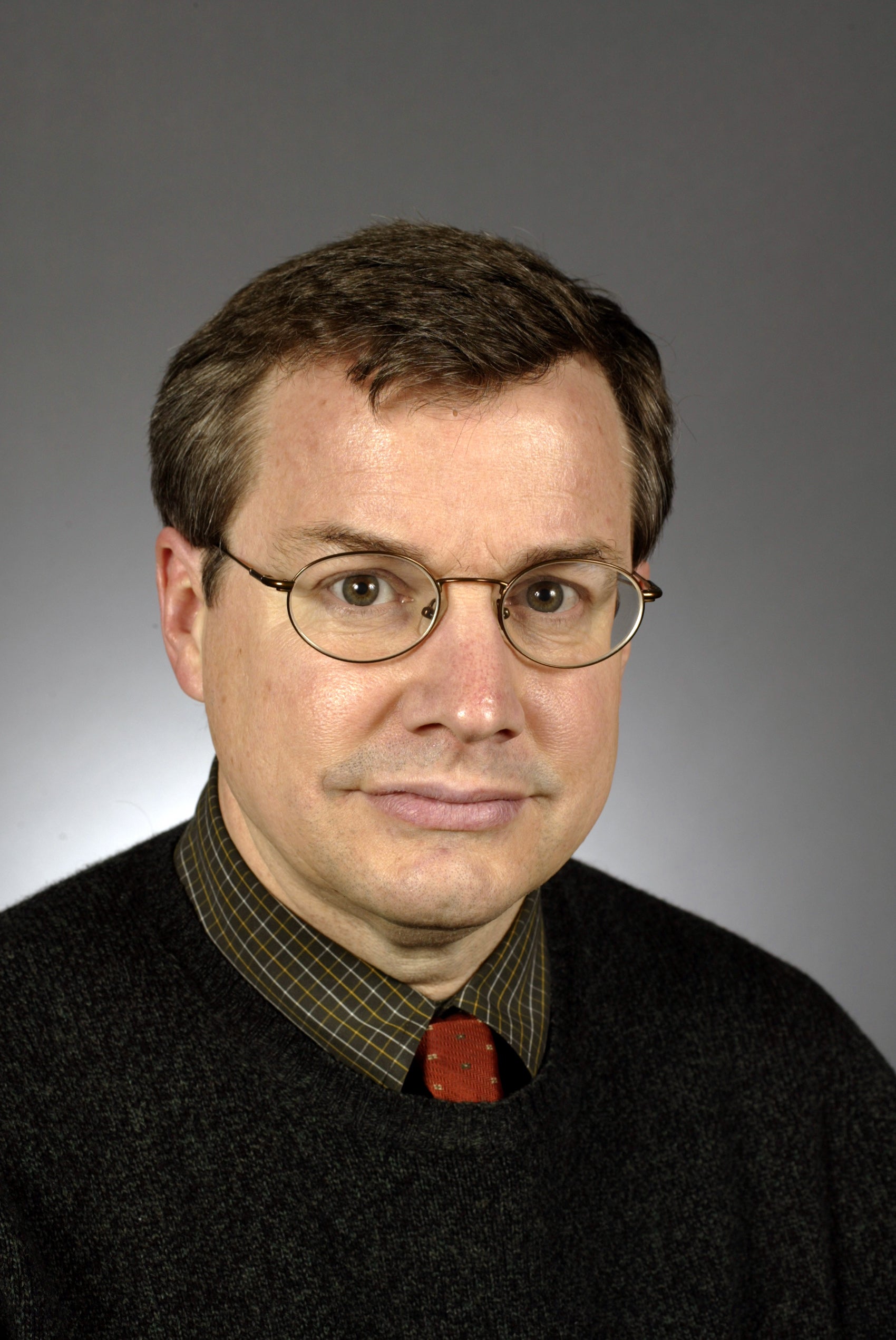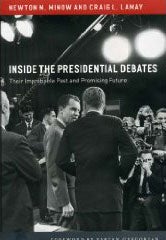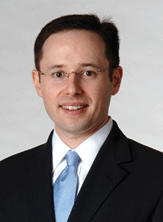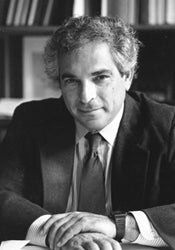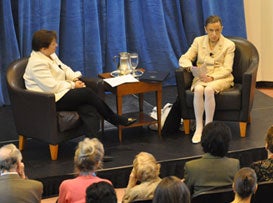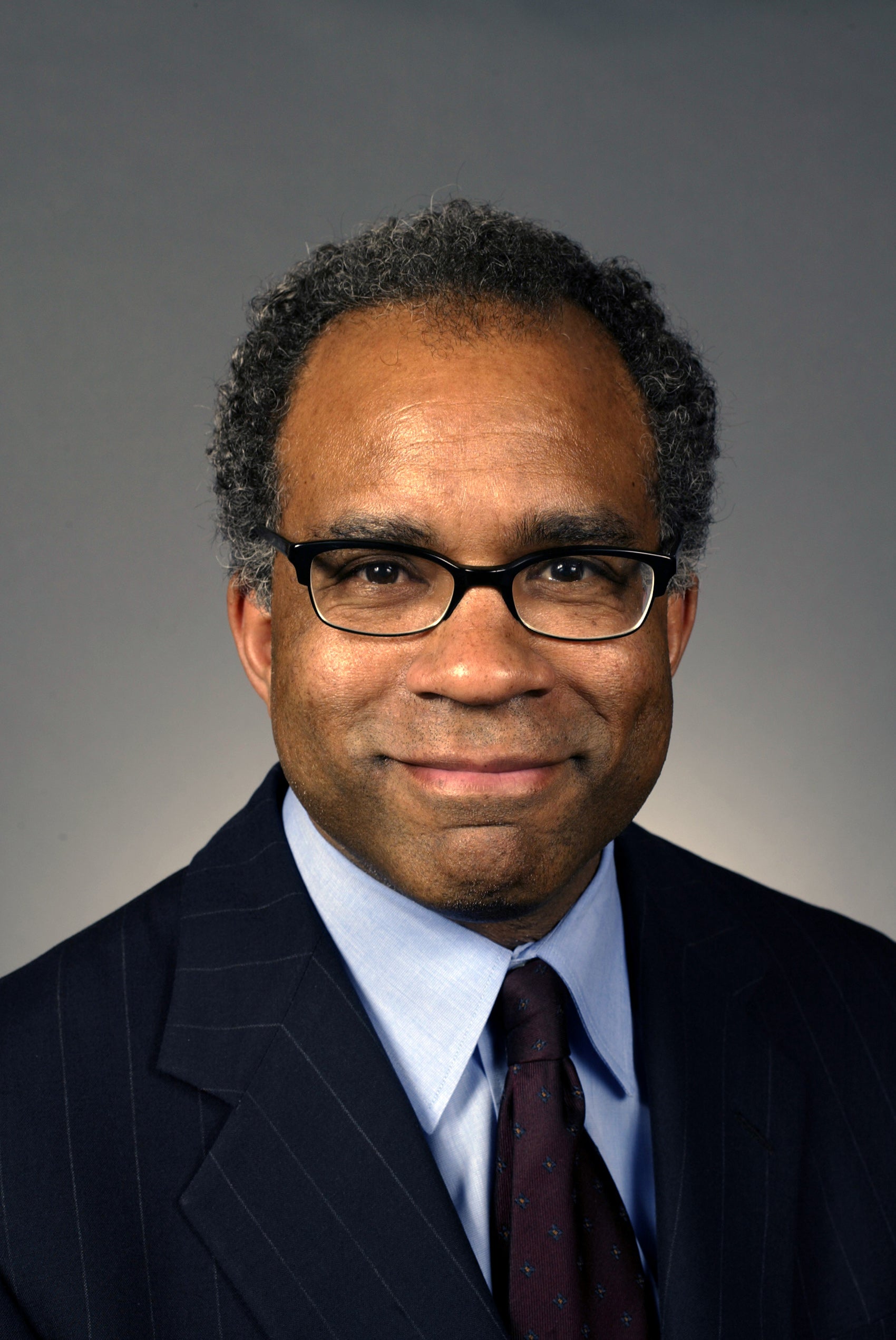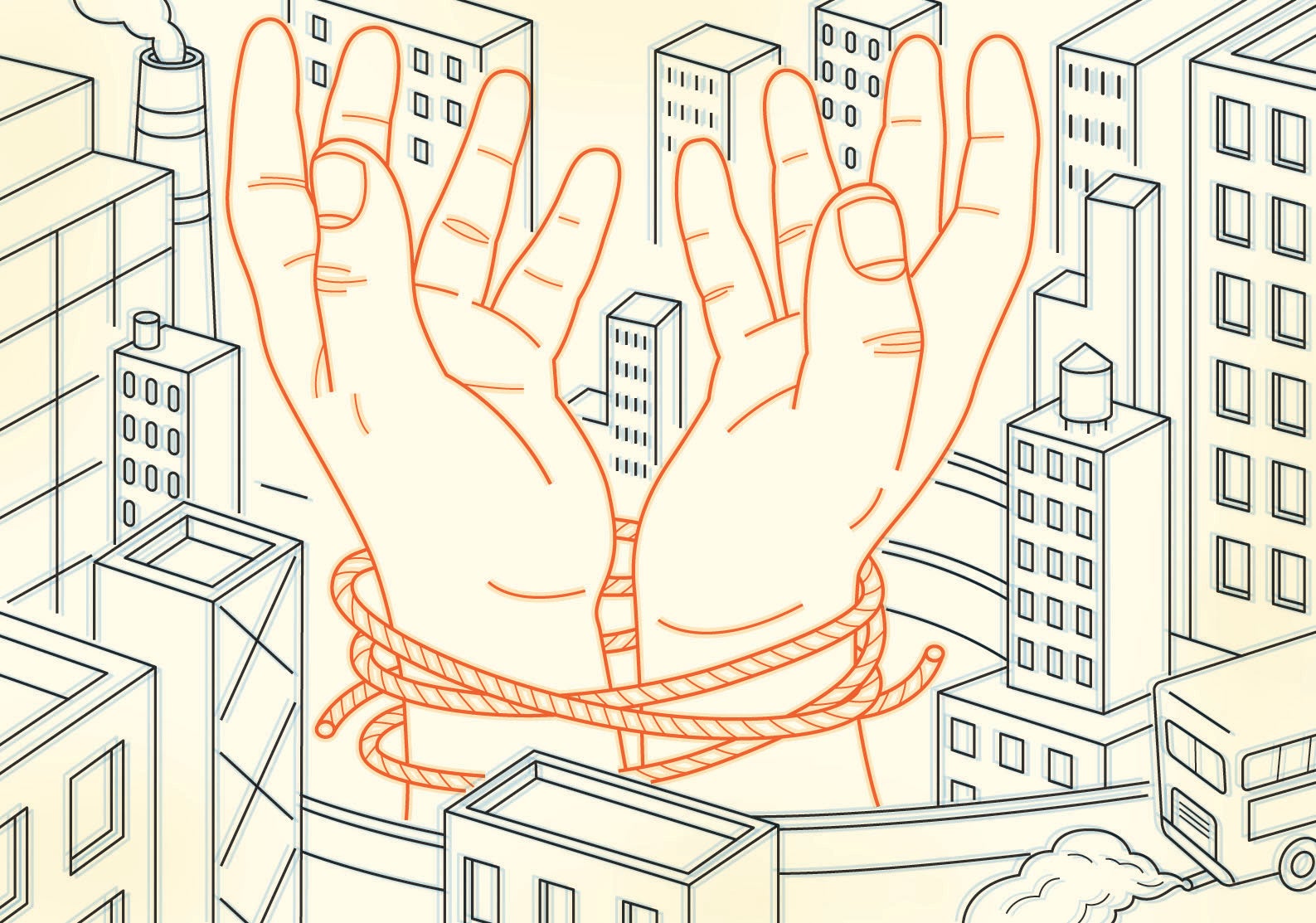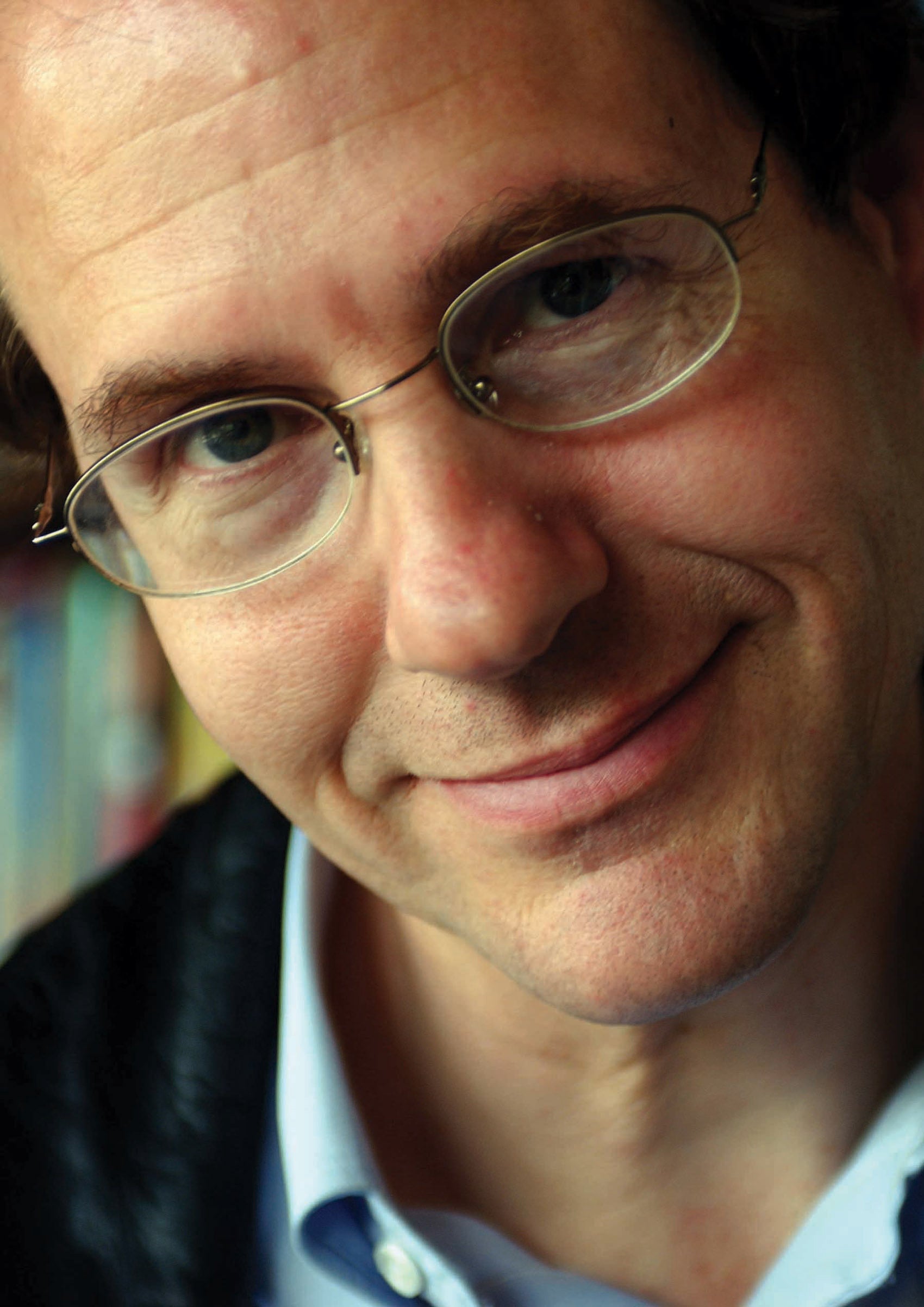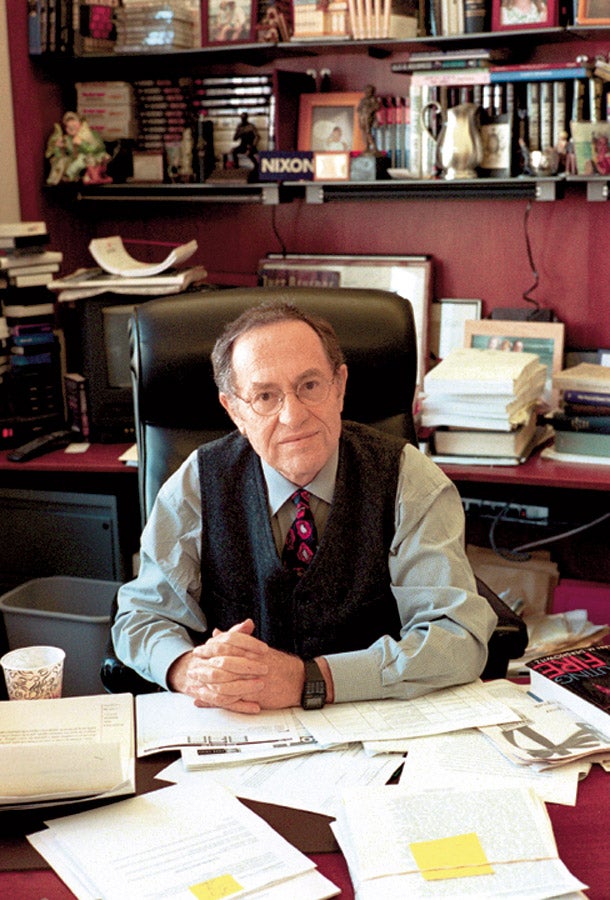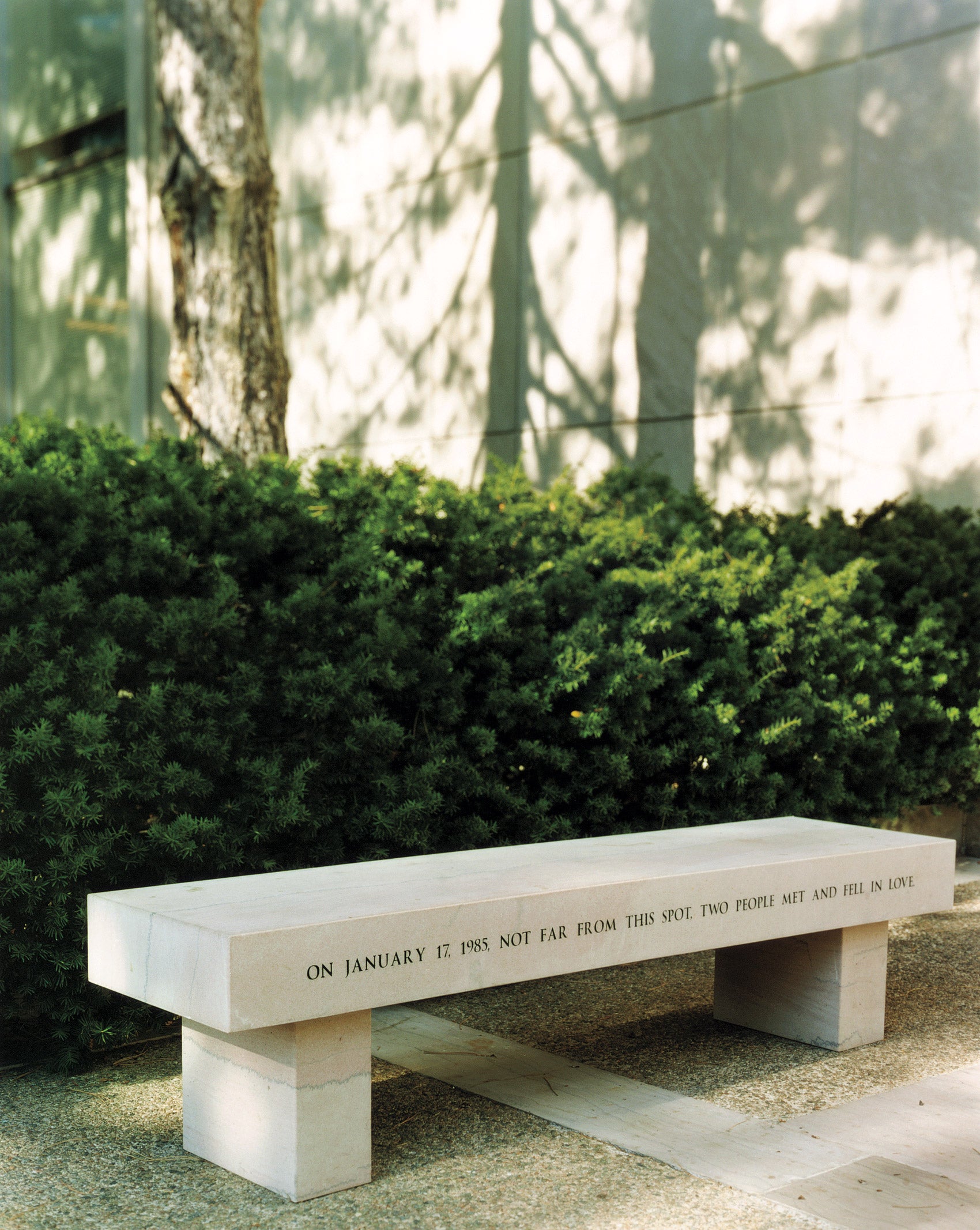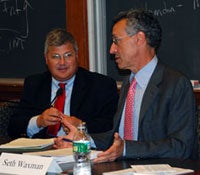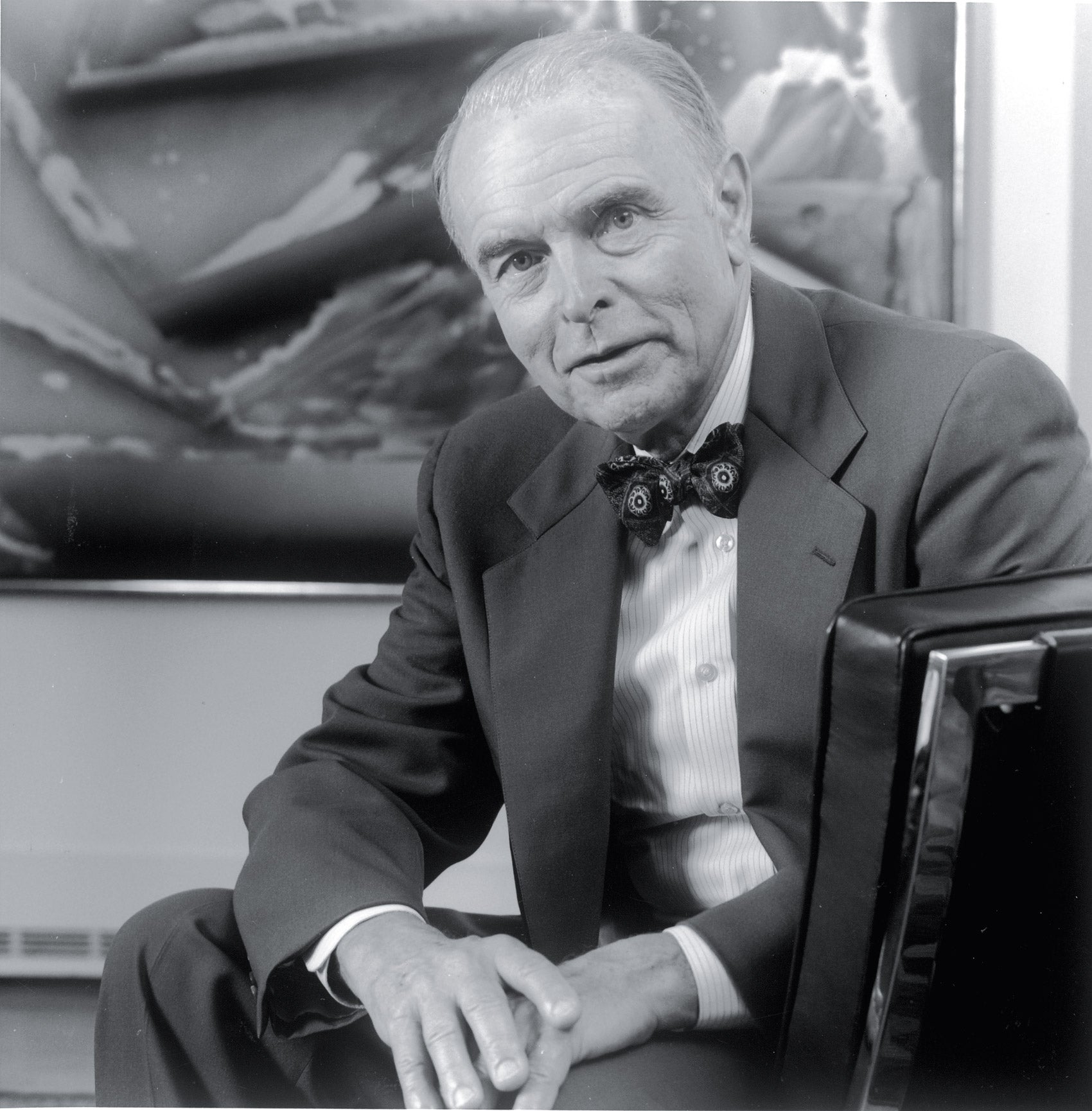Archive
Today Posts
-
A River Runs Through It
September 29, 2008
When Tony Rossmann ’71 started his own law practice in Sacramento, Calif., in 1976, he never expected he would help bring about one of the largest river restoration projects in the West.
-
Negotiating modern art
September 29, 2008
Christo and Jeanne-Claude—the artists whose notable projects include “The Gates” in New York City’s Central Park—received the Great Negotiator Award from HLS’s Program on Negotiation.
-
In New York Times, Feldman explores the role of the Supreme Court in making foreign policy
September 29, 2008
The following article by Professor Noah Feldman, "When judges make foreign policy," was the cover article for the September 28, 2008, New York Times Magazine.
-
The Constitution’s Ombudsman
September 27, 2008
At the Department of Justice, being the inspector general can be a very lonely job.
-
Bebchuk discusses how to fix the Treasury’s emergency plan
September 26, 2008
The following op-ed by Professor Lucian Bebchuk LL.M. ’80 S.J.D. ’84, “How to pay less for distressed financial assets,” was published in the September…
-
Jackson says the Treasury’s bailout plan should target bad loans, not burned investors
September 25, 2008
The following op-ed by Professor Howell Jackson '82, "Build a better bailout," was published in the September 25, 2008, edition of the Christian Science Monitor.
-
Debating the debates
September 24, 2008
Four days before the first 2008 presidential debate takes place in Mississippi, a panel discussion at HLS looked at past, present and future presidential debates.
-
When Sweet Charity Became Bittersweet: Lessons from the Hershey “Kiss-off” of 2002
September 24, 2008
About a hundred years ago, when Milton Hershey founded the Hershey Company—now the largest confectionery company in North America—he also established a school for needy children, and a charitable trust for the benefit of the school. Today, the trust—worth over $8 billion—holds a controlling interest in the publicly traded Hershey Company.
-
HLS well represented among the most influential corporate governance players
September 24, 2008
Four members of the Harvard Law School community were recently named to Directorship Magazine's second annual Directorship 100 list for their influence on corporate governance.
-
Scott urges Administration to think carefully about bank bailout plan
September 24, 2008
The following op-ed, "Let's get the bank rescue right," was co-authored by Harvard Law School Professor Hal Scott, Dean of Columbia Business School R. Glenn Hubbard, and University of Chicago Graduate School of Business Professor Luigi Zingales. It appeared in the September 24, 2008 edition of the Wall Street Journal.
-
The lone woman on the Supreme Court shares her experience with generations of HLS women
September 23, 2008
US Supreme Court Justice Ruth Bader Ginsburg, who attended the law school from 1956 to 1958, was the star attraction of Celebration 55, a four-day event which drew 600 alumnae, students and guests and marked the 55th anniversary of female enrollment at the law school.
-
Expansion of executive power is likely in upcoming Supreme Court term, Goldstein says
September 23, 2008
In a panel discussion on how the Supreme Court will handle issues in the upcoming term last week, Harvard Law School Lecturer Tom Goldstein predicted that future decisions will continue to support increased executive power.
-
Semester in Washington, D.C., launches this spring
September 22, 2008
Beginning this spring, Harvard Law School students will be able to participate in Government Lawyering -- Policy and Practice: Semester in Washington, the the school’s first-ever semester-away program for academic and clinical credit.
-
Reflecting on the state of the economy, Warren asks, "Who will bail out American families?"
September 22, 2008
The following oped by Professor Elizabeth Warren, "Who will bail out American families?" was published in the September 22, 2008, edition of the Chicago Tribune.
-
Randall Kennedy explores how the Black community will react if Barack Obama loses the Presidential race
September 16, 2008
The following op-ed written by Professor Randall Kennedy, "The big 'what if,' was published in the September 14, 2008, edition of the Washington Post.
-
Urban Legend
September 15, 2008
“City Bound: How States Stifle Urban Innovation,” forthcoming from Cornell University Press in December, examines how state laws shackle cities. Barron and Frug look at how state law determines what cities can and cannot do to raise revenue, control land use and improve schools.
-
Despite criticisms of Roe v. Wade, the right to choose is a part of our culture, Sunstein says
September 15, 2008
The following op-ed by Professor Cass Sunstein '78, "The fate of Roe v. Wade and choice," was published in the September 14, 2008, Boston Globe.
-
Dershowitz says indictments should not be politicized
September 12, 2008
The following op-ed, "Indictments are not the best revenge," written by Professor Alan Dershowitz was published in the September 12, 2008, edition of the Wall Street Journal.
-
Goldsmith and Waxman survey the post-9/11 terrain of constitutional law
September 11, 2008
At a Dean’s Forum moderated by HLS Dean Elena Kagan ’86, Seth Waxman was joined by Professor Jack Goldsmith for a wide-ranging discussion of Boumediene v. Bush and the three earlier cases in which the Court has addressed post-9/11 constitutional and statutory questions.
-
World-Class Support
September 10, 2008
HLS continues to expand its international focus—and its graduates are taking notice.


